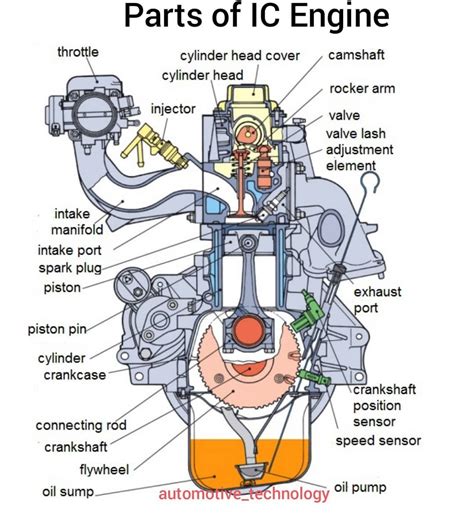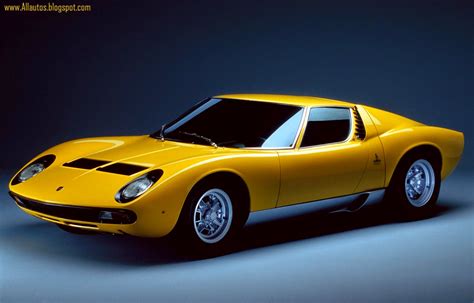The Octane Enigma: Separating Fact from Fiction
For decades, the fuel pump has presented drivers with a perplexing choice: regular, mid-grade, and premium. The assumption often made is that higher octane, usually denoted by a higher number (e.g., 91 or 93 octane compared to 87), automatically translates to better engine performance or improved fuel efficiency. This common belief leads many to spend extra money on premium fuel, even when their vehicle may not require it. But is this extra cost truly an investment in your car’s capabilities, or just a boost to your fuel bill?

Understanding Octane Ratings: More Than Just a Number
To understand the debate, we first need to clarify what an octane rating signifies. Octane isn’t a measure of the fuel’s energy content or its ‘power.’ Instead, it’s a measure of a fuel’s resistance to abnormal combustion, specifically ‘engine knock’ or ‘pre-ignition.’ When fuel ignites prematurely in the cylinders, before the spark plug fires, it can cause a metallic ‘pinging’ sound known as knocking. This uncontrolled combustion can lead to significant engine damage over time.
Higher octane fuels are simply more resistant to this pre-ignition. They can withstand higher compression pressures before spontaneously combusting. This property is crucial for certain types of engines designed to operate under these demanding conditions.
The Science Behind Engine Knock
In a properly functioning engine, a mixture of air and fuel is compressed in the cylinder and then ignited by the spark plug. The flame front then spreads evenly, pushing the piston down. Engine knocking occurs when some of the unburned air-fuel mixture ignites spontaneously due to intense heat and pressure before the main flame front arrives. This creates multiple pressure waves that collide, causing the distinctive knocking sound and putting undue stress on engine components.

When Higher Octane is Truly Necessary
Designed for Premium Fuel
Some vehicles, particularly high-performance sports cars, luxury sedans, and vehicles with forced induction systems (like turbochargers or superchargers), are specifically designed to use premium fuel. These engines typically have higher compression ratios or use forced induction to pack more air and fuel into the cylinders, generating greater power. The increased pressure and heat in these engines necessitate higher octane fuel to prevent knocking and allow the engine’s computer (ECU) to operate at its most efficient and powerful settings without having to retard timing.
For these vehicles, using lower octane fuel than recommended by the manufacturer can lead to a decrease in performance, reduced fuel economy, and potential long-term engine damage, as the engine’s computer will detect knocking and adjust timing to protect the engine, effectively reducing power output.

The Myth of the “Performance Boost” for Standard Cars
For the vast majority of vehicles on the road – those designed to run on regular 87 octane gasoline – using higher octane fuel offers no benefit whatsoever. These engines are calibrated for regular fuel, and their control systems are not programmed to take advantage of the higher knock resistance of premium fuel. Pouring premium gas into a regular-fuel-designed engine will not give it more horsepower, better acceleration, or improved fuel economy.
Modern engines are equipped with sophisticated knock sensors. If you put regular fuel in an engine that requires premium, the sensors will detect the onset of knocking and the ECU will adjust engine timing to compensate, preventing damage but reducing performance. However, if you put premium fuel in an engine designed for regular, the engine will simply operate as it normally would – without any discernible difference in performance or efficiency. You’re effectively just paying more for a property your engine doesn’t need or utilize.

Beyond Octane: What Really Affects Performance?
If you’re looking to maximize your car’s performance and efficiency, focus on factors that genuinely make a difference:
- Regular Maintenance: Keep your engine well-tuned with regular oil changes, air filter replacements, and spark plug checks.
- Tire Pressure: Properly inflated tires reduce rolling resistance, improving fuel economy.
- Driving Habits: Aggressive acceleration and braking consume more fuel than smooth, consistent driving.
- Reduce Weight: Don’t carry unnecessary heavy items in your vehicle.
- Aerodynamics: Roof racks and open windows at highway speeds can increase drag and reduce efficiency.
Conclusion: Trust Your Owner’s Manual
The definitive answer to whether higher octane fuel boosts performance or just your bill lies in your car’s owner’s manual. If your manual specifies “premium fuel required,” then it’s essential to use it. If it says “regular fuel recommended” or “premium fuel optional,” stick with regular. You’ll save money without sacrificing performance, fuel economy, or engine longevity.
Don’t fall prey to marketing hype or misconceptions. The best fuel for your car is the one the manufacturer designed it to use. For most drivers, that means 87 octane regular gasoline is the smart and economical choice.





